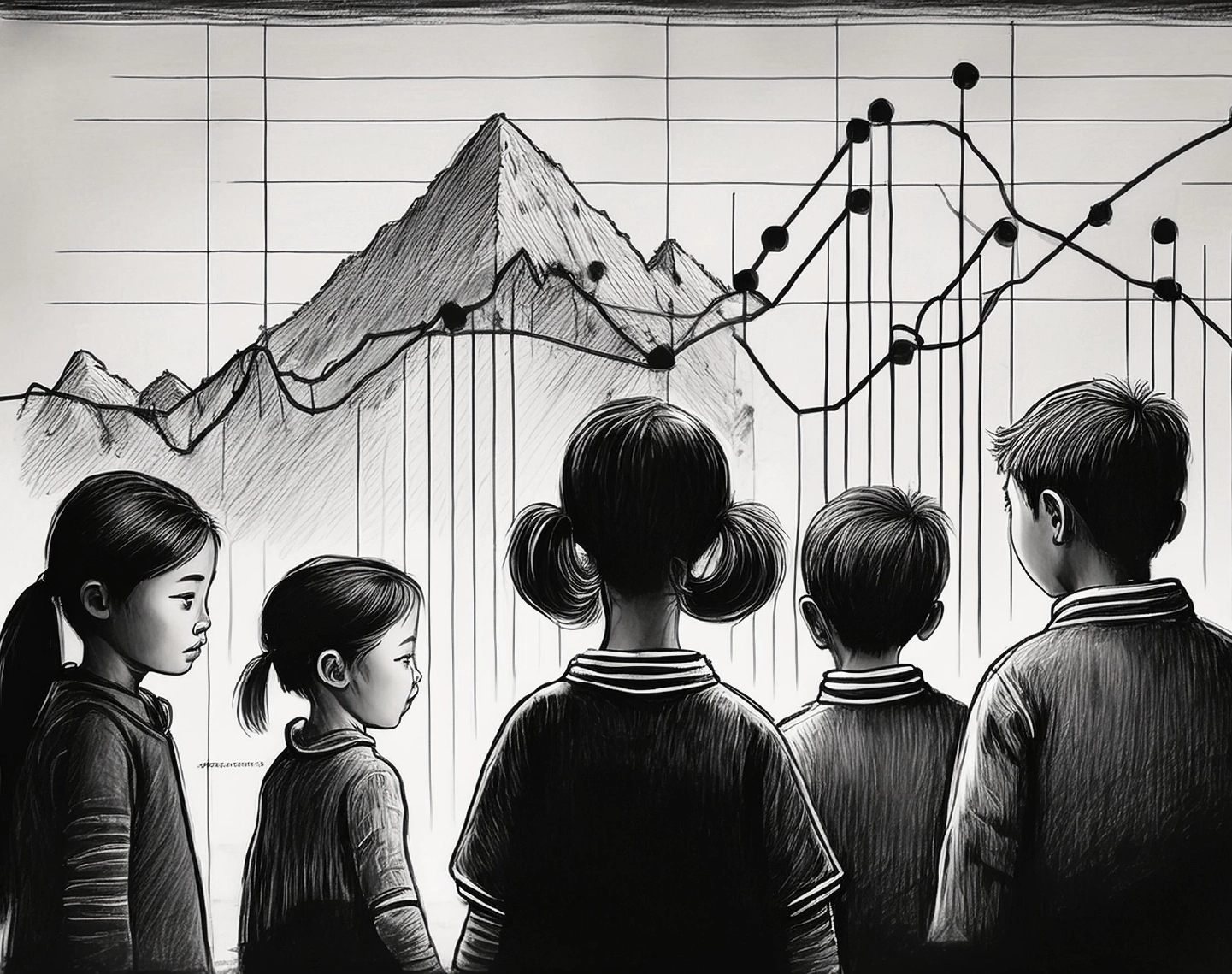In today’s ever-changing world, the pursuit of innovation often eclipses our fundamental humanity, reducing people to mere data points in both the tech industry and nonprofits. The relentless drive for metrics and results can blind us from the real human impact of our actions. We have a collective responsibility to innovate with compassion, as exemplified by organizations like Chinese American Service League (CASL), which prioritize basic human needs in tandem with technological advancement.
The Stakes for Nonprofits Are Higher Than We Realize
Let’s pause and take a minute and remember what the stakes are in this sector.
We need to honor what innovation practically looks like and proceed with care.
Think about it this way: Innovation can end up neglecting the details, and in our world, that means people. Real human lives.
Our work is a very human one at the core, and every single point of data matters equally. For example, if you’re tracking data for a humanitarian organization, those numbers aren’t just pixels on a screen — they’re real lives migrating across a border during wartime.
Men, women, and children, all with their lives at risk.
If Nike loses 10,000 shoes in their effort to innovate, they lose some money and move on. While there may be financial repercussions for the company, it doesn’t lead to people going hungry or homeless because someone didn’t get their new sneakers.
But if food doesn’t reach a hungry family; money isn’t raised to build new schools; or we can’t track a mother and her children walking out of Ukraine into a safe area, that has a lifelong impact.
I realize that no organization is perfect, and there will always be some margin of error. That’s unavoidable. However, we have to minimize those margins whenever we can—each error can mean missing a fundraising goal, disappointing a donor, and not serving those who depend on us.
Even as we measure our work’s impact, write reports to showcase impact results and stewardship, and directly report to either donors or the federal government, we have to remember we are talking about the lives of real human beings, every single day.
Like I said earlier, I am all for innovation, but it’s incumbent upon us to steward that innovation carefully and sensitively.
Prioritizing Our Values Alongside Innovation
Innovation is never a replacement for cultivating curiosity, spreading kindness, or speaking truth to power. Those values are what built these nonprofit organizations from the ground up.
Want to know what innovation looks like when you do it right?
CASL: A Case Study in Compassionate Innovation
Paul Luu is the founder and CEO of the Chinese American Service League, based in Chicago, which serves the Chinese immigrant population from cradle to grave. They provide early childhood education, meals, healthcare, housing, job training, elder care, and so much more.
They began their journey pre-COVID and established themselves on the SalesForce platform — a CRM platform all about the data! Their early line of sight to innovate was on their programmatic side, and they did a good job of setting themselves up for high quality data. This meant when COVID happened, the League could pivot quickly, and use the donor and partner data they had gathered to not miss a beat and continually serve the Chinese immigrant population that demonstrated a high need for basic services during this time.
In fact, in the midst of the pandemic, the demand for their services exploded. With quick thinking and wise innovation, they were able to rise to the occasion, again and again.
This is an amazing example of using data to humanize the service.
After the crisis-level effects of the pandemic subsided, the League dialed up or dialed back their impact as needed, all with real-time data around their work and services.
I’m sure it wasn’t perfect, but CASL is innovating in a way that very few can: Making humanity and kindness their number one priority.
I believe their work teaches us a valuable, personal lesson about innovation.
The Final Takeaway on Innovation
Innovation is undeniably crucial, however, it must always be guided by a profound compassion for humanity. When we narrowly prioritize metrics, we risk overlooking the lives and stories that nonprofit organizations are dedicated to serve.
Let’s forge ahead and keep in mind that every data point represents a person, a family, and a community with human-centric needs and at the same time aspirations for a brighter future.
We must cultivate a deep sense of compassion for the lives we impact. Our focus on humanity should transcend mere innovation for financial gain or efficiency. CASL’s exemplary use of data demonstrates that we can innovate with scale, while maintaining the dignity and intentionality of the services we provide.
So, let’s pledge to innovate, but with the courage to foster curiosity and kindness with an unwavering commitment to truth and accountability. By living out our values truthfully and authentically, we can be sure that progress enhances, rather than diminishes our collective humanity. We can — and will — empower and uplift the lives we impact by embracing innovation as a force for transformation and compassion. .

